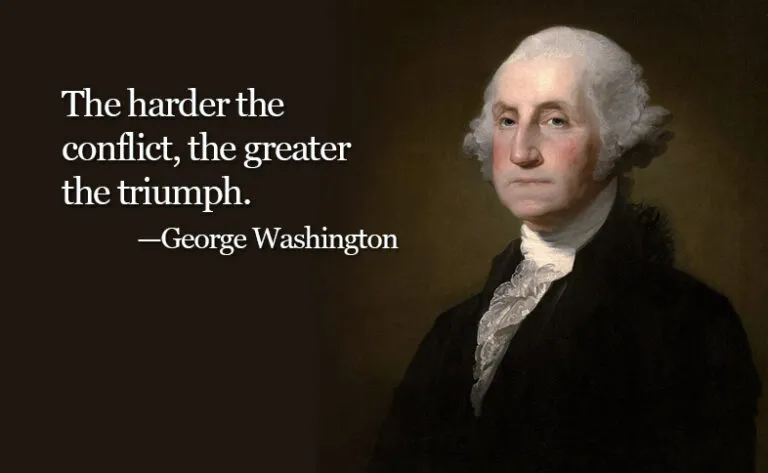We don’t do politics here at Guideposts, but I’ve got to highlight something President Obama said in his State of the Union address last week: “We were never sent here to be perfect. We were sent here to make what difference we can.”
I think this message has great relevance for a lot of us, not just members of Congress. Not because of my political leanings, but because of my perfectionist leanings, which can (and sometimes do) get in the way of my happiness and achievements—and certainly put a dent in my positive attitude.
If your perfectionist tendencies have ever gone into overdrive, you probably know what I mean. Do you dwell on little mistakes and have trouble moving on? Do you demand a lot from others (professionally, personally or both), and maybe even more from yourself? Do you put things off because you’re waiting for the perfect inspiration or moment? Have you avoided trying something because you’re afraid of looking like a fool or a failure? Is your mantra, “If you can’t do it 100 percent right, don’t do it at all”?
It’s good to care about what you do, but thinking that you can and should make everything perfect is a soul-crushing trap. How do you get out of it? Maybe the simplest strategy is to do the opposite of what your perfectionism would normally lead you to do.
If you get fixated on minor mistakes and bogged down in details, look at the big picture. Getting a more visionary friend or coworker’s perspective can help.
If you’re hypercritical of others and yourself, try praise instead and give people credit for what they do—family, friends, colleagues, acquaintances. Remember to pat yourself on the back too. Positive reinforcement works wonders.
If you’re a procrastinator, stop waiting for the perfect moment and just jump in. You can go back and refine your work later. Think of the amazing stories, movies, music, art and inventions that might not exist if their creators all waited around for the absolute perfect inspiration.
If you’re afraid of failure, try something new, something you’ve been wanting to do but haven’t because it doesn’t come naturally to you. It’s fun—and freeing—to take a risk and experiment. And who knows? You might discover a talent you never knew you had!
If you can’t do something perfectly, acknowledge that, then get out of your own way and do it anyway. In most cases, it really is the effort that counts. For example, wouldn’t a grieving friend rather hear you say, “I can’t find the right words to express how sorry I am” than not hear from you at all?
Or to go back to what President Obama said, how can we make a difference, a positive impact, if we’re so paralyzed by perfectionism that we don’t even try?






